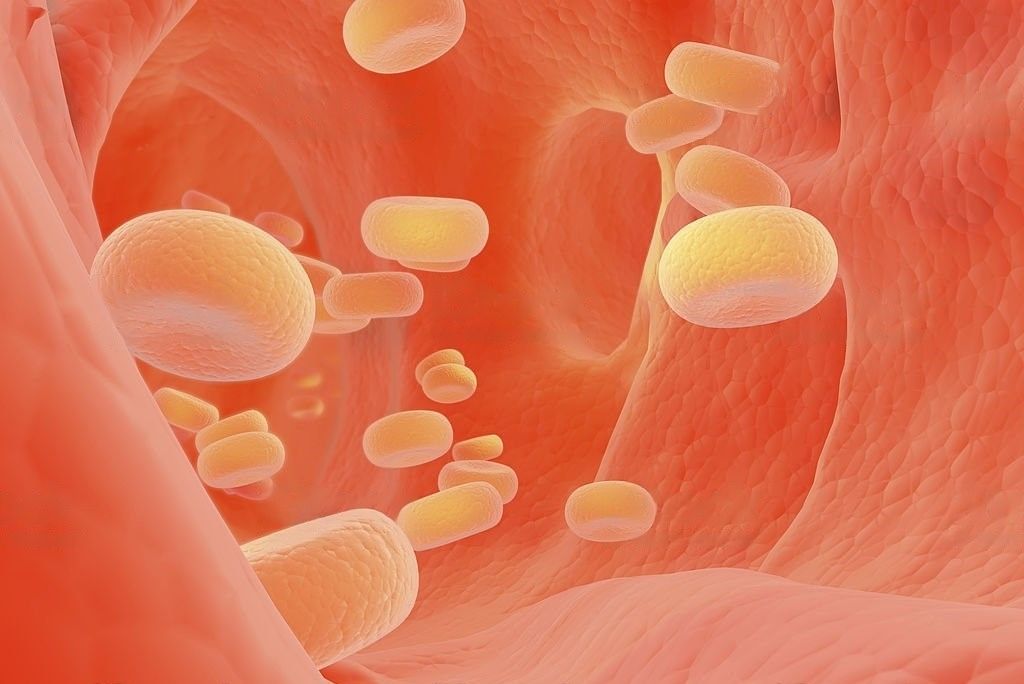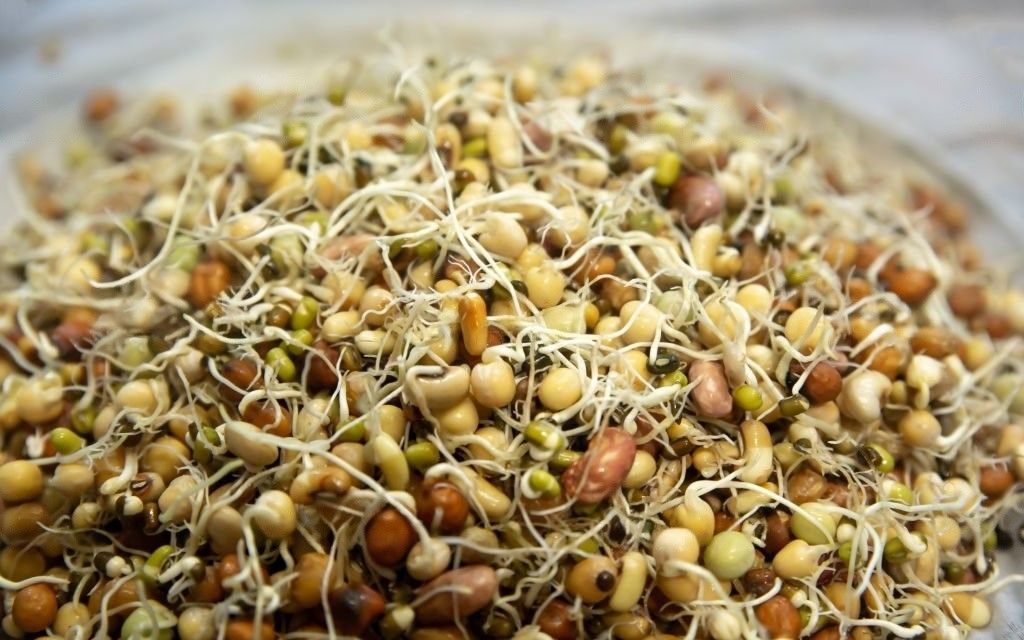Tips to increase Hemoglobin levels
We've listed four natural ways, including dietary and lifestyle modifications, for you to raise your hemoglobin levels.

It is impossible to overstate the importance of hemoglobin in the modern world. The protein that transports oxygen from the lungs to the rest of the body is essential and can be found in red blood cells. It is necessary for an individual's organs and tissues to function properly.
Being a necessary component of the body, hemoglobin, low levels can cause a number of health issues, including anemia, irregular heartbeat, fatigue, and difficulty concentrating.
Hemoglobin is crucial for giving the body the oxygen it needs to perform well for athletes and those who engage in physical activity. To prevent any potential complications during their pregnancy, pregnant women also need healthy levels of hemoglobin.
The ideal range for hemoglobin in adult men is 14 to 18 grams per deciliter (g/dl), and for women it is 12 to 16 g/dl.
What is hemoglobin?
Oxygen is moved from the lungs to the rest of the body by the protein hemoglobin, which is a component of red blood cells. Anemia, or low hemoglobin levels, can make a person feel weak and weary. The levels of hemoglobin can be raised naturally in a variety of ways.
For the body to produce hemoglobin, iron must be consumed. Foods high in iron include red meat, dark leafy greens, beans, nuts, and fortified cereals. Vitamin B-12 is required by the body in order to create healthy red blood cells. Good sources of vitamin B-12 include chicken, dairy products, and eggs. Leafy green vegetables, legumes, nuts, and fortified cereals are the best sources of folic acid.
How Low Hemoglobin Is Caused?
Numerous things could contribute to low hemoglobin levels. Typical causes include:
- Blood loss can result from gastrointestinal bleeding, surgery, heavy menstrual bleeding, or other types of trauma.
- Issues with the bone marrow: Some illnesses can impair the bone marrow's capacity to produce more red blood cells. Cancer, leukemia, and aplastic anemia are a few examples.
- Red blood cell destruction: Certain drugs, infections, and autoimmune diseases can all cause red blood cell death.
- Nutritional deficiencies: A diet lacking in some nutrients may cause low levels of hemoglobin. Examples include a lack of iron, folate, and vitamin B12.
What happens if hemoglobin is low?
Anemia, or low hemoglobin levels, can have a number of effects on the body. Fatigue is the most common side effect of anemia because the body's tissues and organs don't receive enough oxygen to function properly.
Other possible effects of anemia include intellectual and physical delays in children, mental and physical impairment in adults and an increased risk of infection.
Here are 4 all-natural ways to increase your blood's hemoglobin level:
- Boost folic acid consumption
Red blood cells must be made with folic acid, a B-complex vitamin. Good sources of folic acid include broccoli, sprouts, peanuts, bananas, and green leafy vegetables. Beetroot is also highly advised for boosting the body's red blood cell count in the meantime.

2. Eat foods high in iron
According to the National Anemia Action Council, iron deficiency is a frequent cause of anemia and low hemoglobin levels. In addition to chicken liver and whole eggs, it is advised to include green leafy vegetables like spinach and beetroot in your diet. You should also eat fruits and dry fruits, such as apples, pomegranates, watermelon, pumpkin seeds, dates, almonds, and raisins.

3. Don't forget to take more vitamin C
In cases of low hemoglobin levels, iron and vitamin C combined work really well. The latter is a rich source of carriers, so including it in your diet results in improved iron absorption. Several options of foods high in vitamin C are available, including oranges, strawberries, bell peppers, grapefruit, and tomatoes.

4. Avoid iron blockers
It's true that beverages like coffee, tea, cola drinks, wine, and beer can prevent your body from absorbing iron. Therefore, avoid drinking anything with added sugar if your hemoglobin level is low.

SUMMARY
For your body to operate properly, you need to have the proper amount of hemoglobin. Red blood cells contain this protein, which is rich in iron, which is essential for distributing oxygen throughout your body.
You can adjust your diet by consuming more dark, leafy greens, vitamin C and beetroot to keep your hemoglobin levels normal. However, it might be challenging for someone with certain medical conditions to get enough iron from their diet alone.
Jayti Shah is a Clinical Nutritionist with a master's degree in Clinical Nutrition and Dietetics. She is a member of the Indian Dietetic Association (IDA). Over the last 9 years, she has helped 400 clients in their clinical and weight loss journeys. She works with SocialBoat as a nutrition consultant.
At SocialBoat, we offer custom diet plans and guided workouts to help you achieve your goals in a 360-degree approach. Our gamified experience ensures that you don’t find workouts boring and we reward you for being consistent with your efforts.

